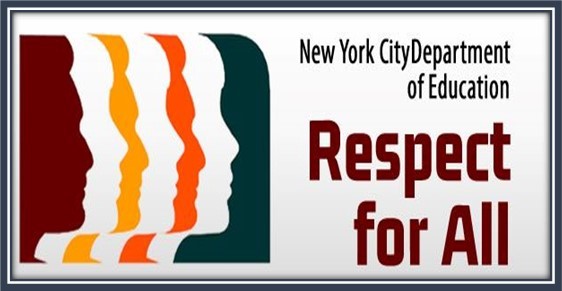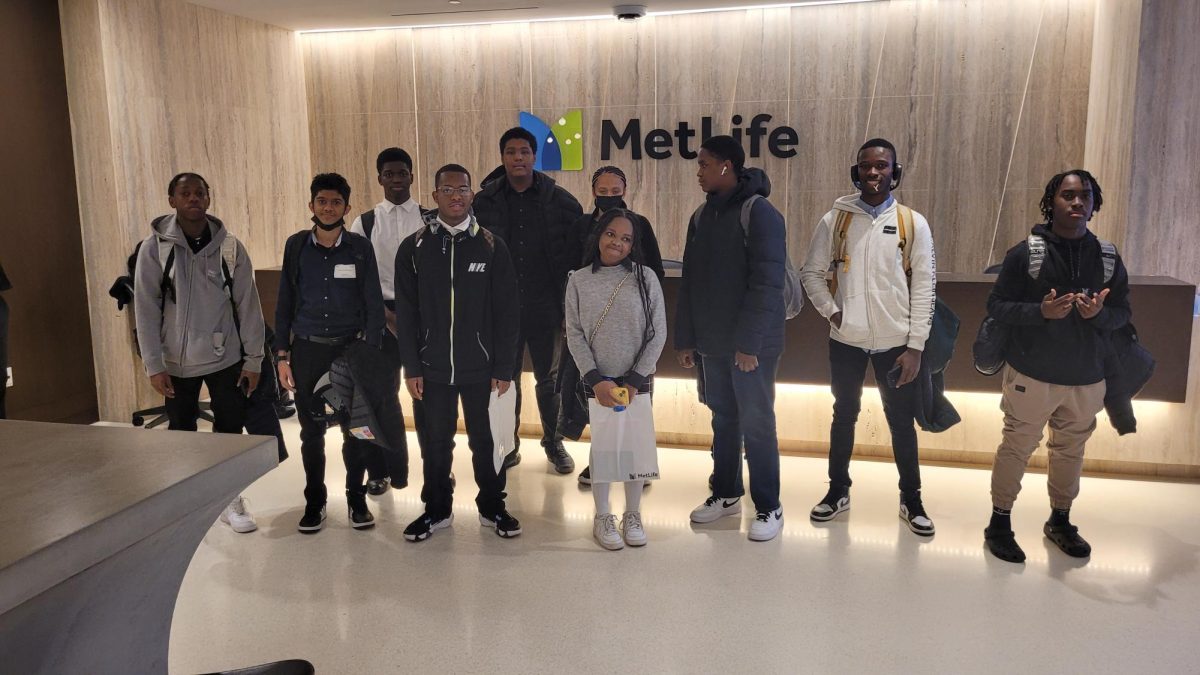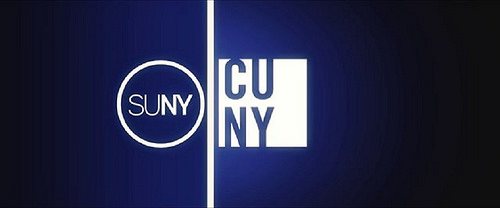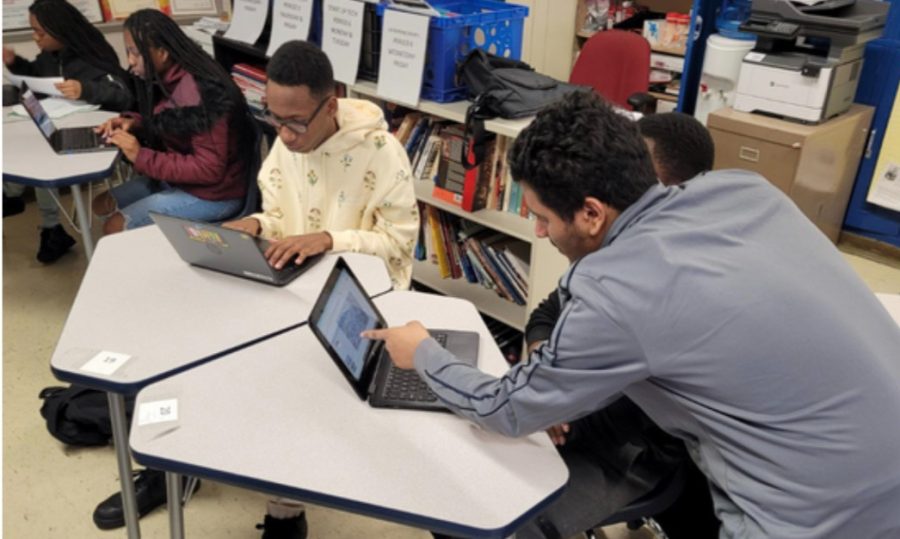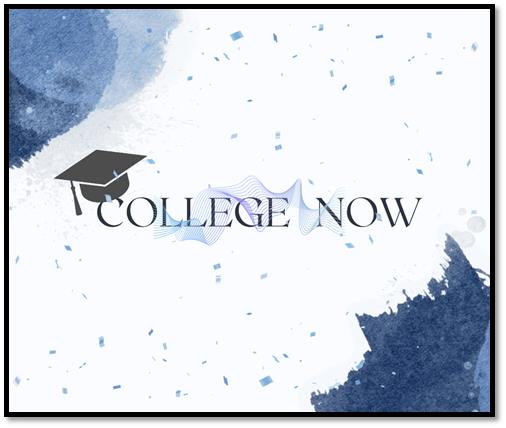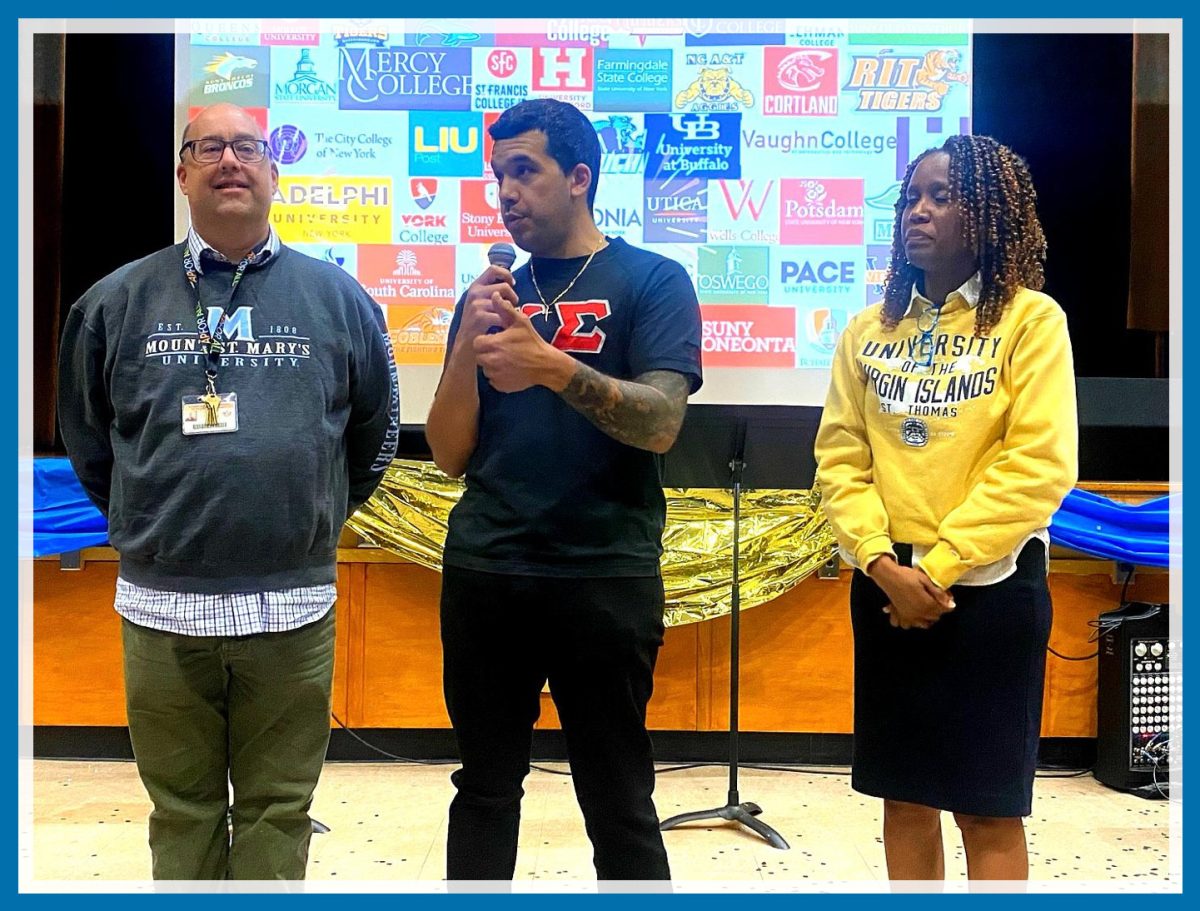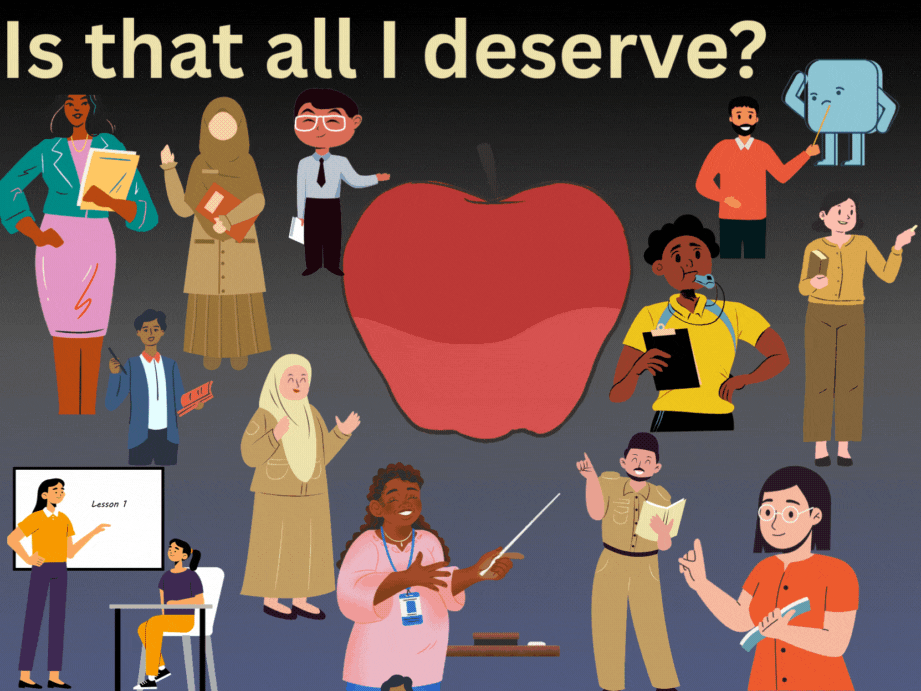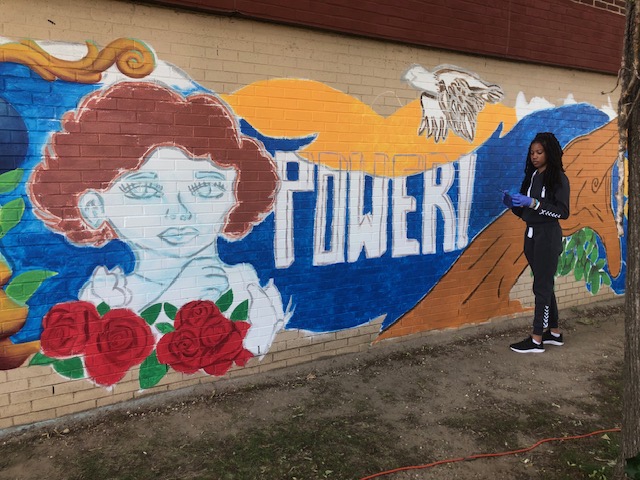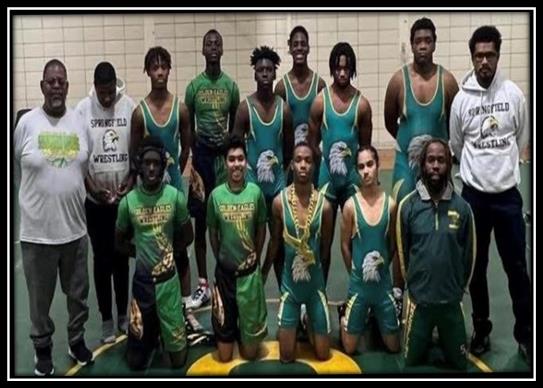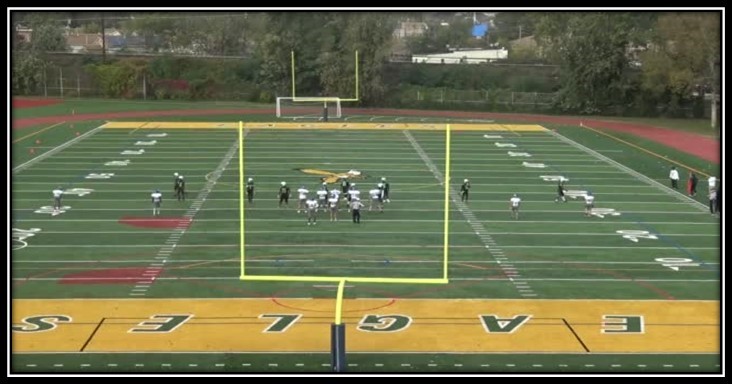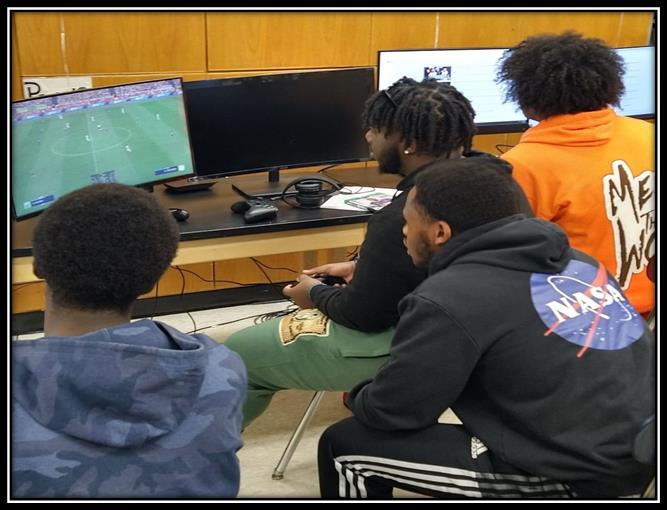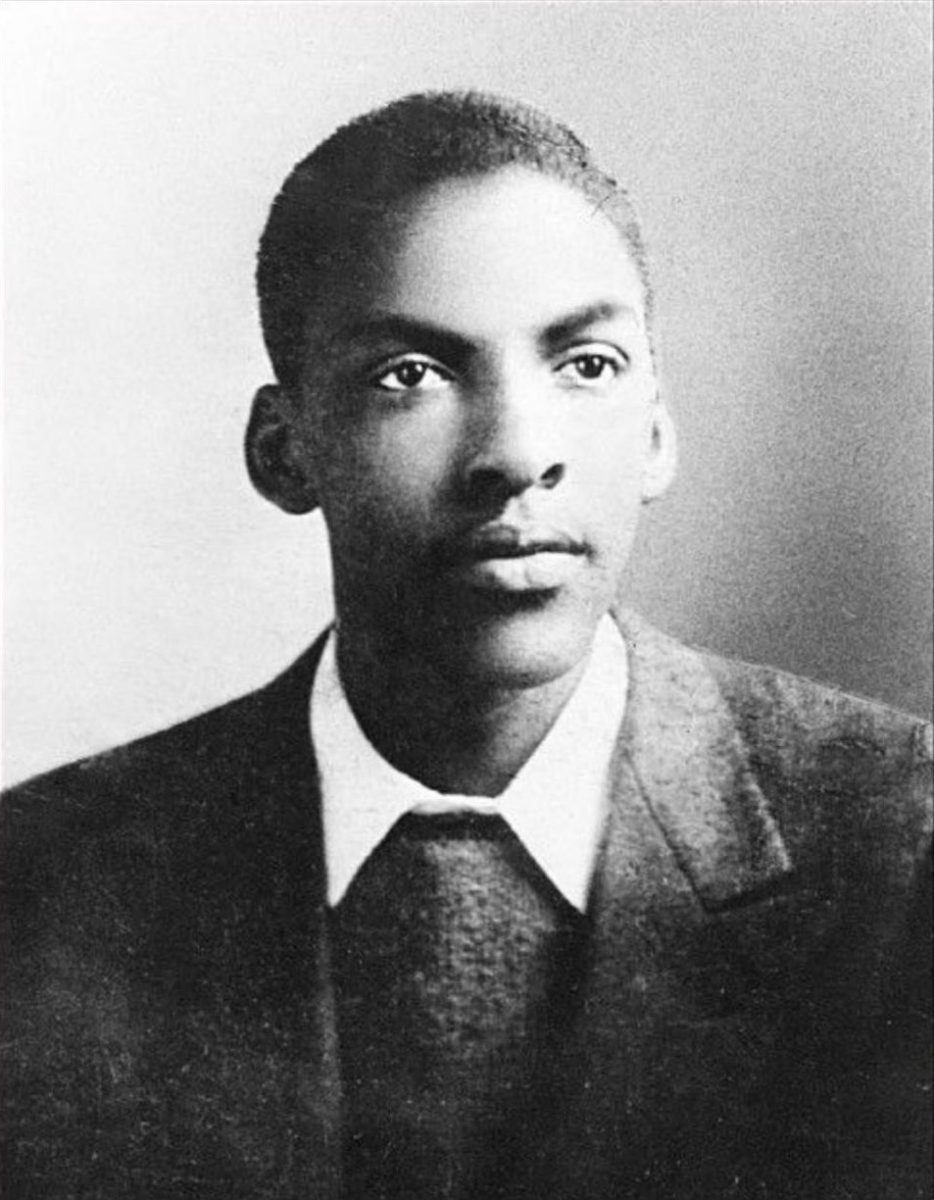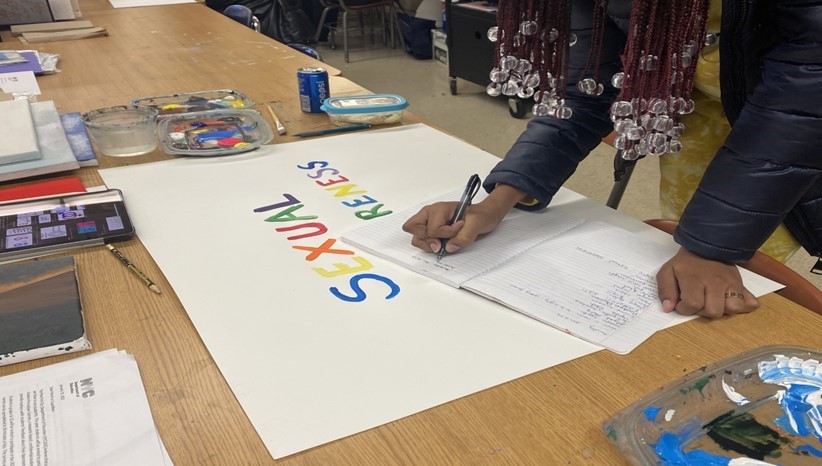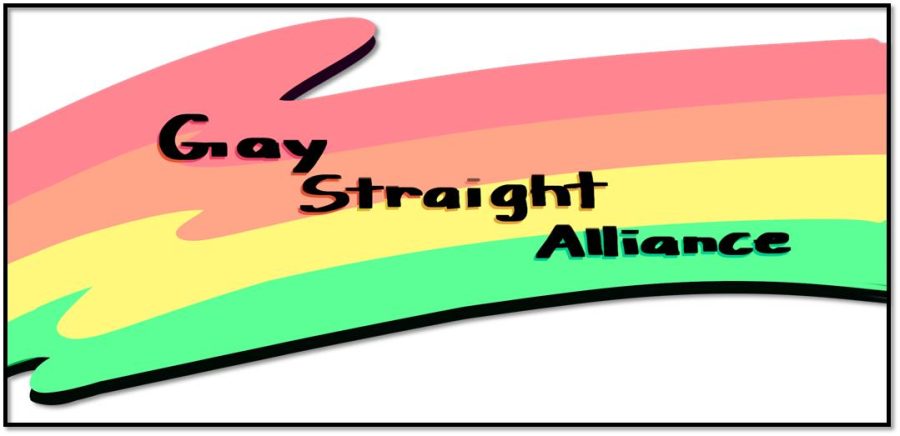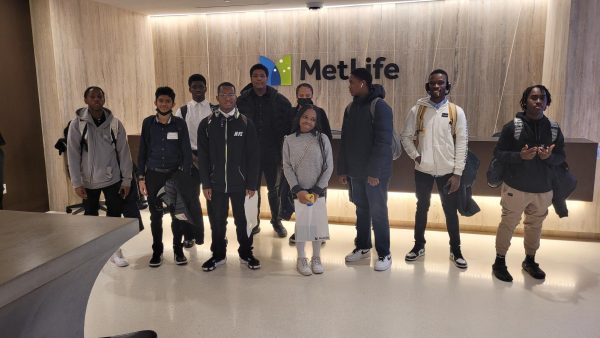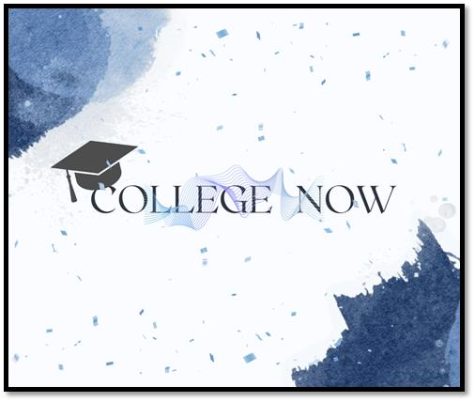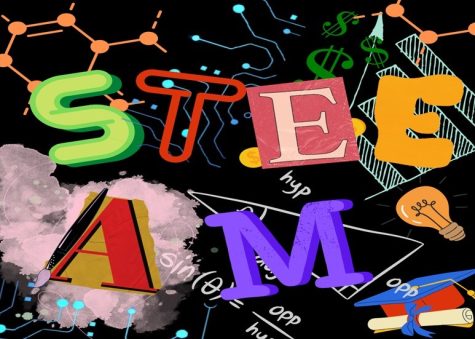QPA’s Startup Tech
QPA Students and the STEEAM Program
What is STEEAM?
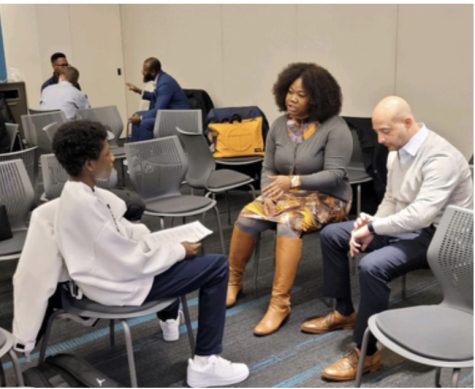
STEEAM stands for Science, Technology, Entrepreneurship, Engineering, Art and Math.
Queens Preparatory Academy’s Startup Tech program is a part of the STEEAM program, the school’s push to get students more involved in these subject areas.
The Startup Tech program is for ninth graders. In this course students discuss the ideas of business ownership and the type of business they’d like to have. They also discuss how to manage a business.
What is Startup Tech?
Startup Tech is a hybrid class that combines technology, coding, and entrepreneurial mindsets. According to course instructor Mr. Bednar, MIT APP Inventor is used to teach students basic to advanced coding skills. Later in class, they use this foundation to develop an original website for a socially aware business they create. Mr. Bednar said the mentality required to succeed in this course is critical, since these abilities may be applied to all aspects of a student’s academic, professional, and personal lives.
Benefits of Startup Tech
Mr. Bednar, who also teaches history and economics at Queens Preparatory Academy, is passionate about the STEEAM program. “There are available prospects in the field of STEEAM because of the swift changes in the labor market on our planet,” he said. “Whatever they choose to accomplish in life, this concept equips students with the skills and abilities to succeed as an entrepreneur.” He also believes that since entrepreneurship can be successfully integrated into any aspect of life, including education, employment, and even family life, entrepreneurs can be successful in all of these areas.
Startup Tech and STEEAM
“Startup Tech links to STEEAM as a result of the entrepreneurial mentality reinforced throughout the class sessions, and difficulties students have to overcome,” Mr. Bednar said. He also shared that determination, focus, drive, decisiveness, independence, authenticity, flexibility and creativity are examples of the skills required to succeed in this course. These abilities apply to everything pupils do both inside and outside of school. He said these abilities will put pupils on a solid route to a postsecondary education and a successful profession.
Student Impacts
According to Zaniyah Danzine, a 9th grader in the Start-up tech class, she always has fun “while experiencing what it feels like to have a business.” Proving that these students not only find this class interesting; they’re also happy to know it provides skills they can use in the real world.
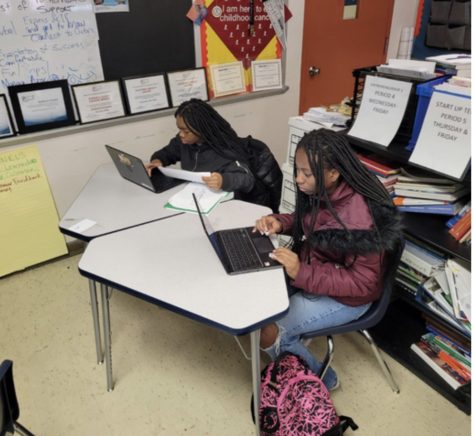
Ameer Shahid, another freshman and Startup Tech student, said that this course helps students “push themselves to be better” anytime they encounter a topic that deals with business creation. This is a positive for QPA scholars, since teaching them how to push their limits prepares them to deal with adversity down the road.
Nicole Cunanan who was part of the course last semester, shared her experience in the Startup Tech class, claiming, “It has me thinking about how I can make the skills I learned in school more worthwhile and business invested.” For example, using mathematical real world connection for calculating budgets, sales, taxes, and so on. Nicole, like many other students, views the Startup Tech classes as an opportunity to become an entrepreneur.
Looking Ahead
Ms. Hamilton, a teacher at QPA, is licensed to teach business and marketing, and believes this course prepares students for the real world. She said students taking the Startup Tech course “learn how to interact with technology,” the method currently used for “marketing and promoting businesses.” She also listed social media platforms that are helpful and can be useful for marketing a business—for example, “Instagram, TikTok and YouTube.”
Another positive impact she mentioned is in the area of designing, since students will be able to design logos for any business they create. She concluded that “branding” is also one example that “helps entrepreneurs create trade marks and labels.”
Overall, it can be said that QPA’s Startup Tech is an important part of the STEEAM PROGRAM. It helps students build a business, keeps them on track for a future in entrepreneurship, and teaches them skills they can use in every area of their lives.
Your donation will support the student journalists of Queens Preparatory Academy. Your contribution will allow us to purchase equipment and cover our annual website hosting costs.

I'm a sophomore and enjoy reading, video games and soccer. I watch soccer during most of my free time, so between keeping up with school-work and watching...


